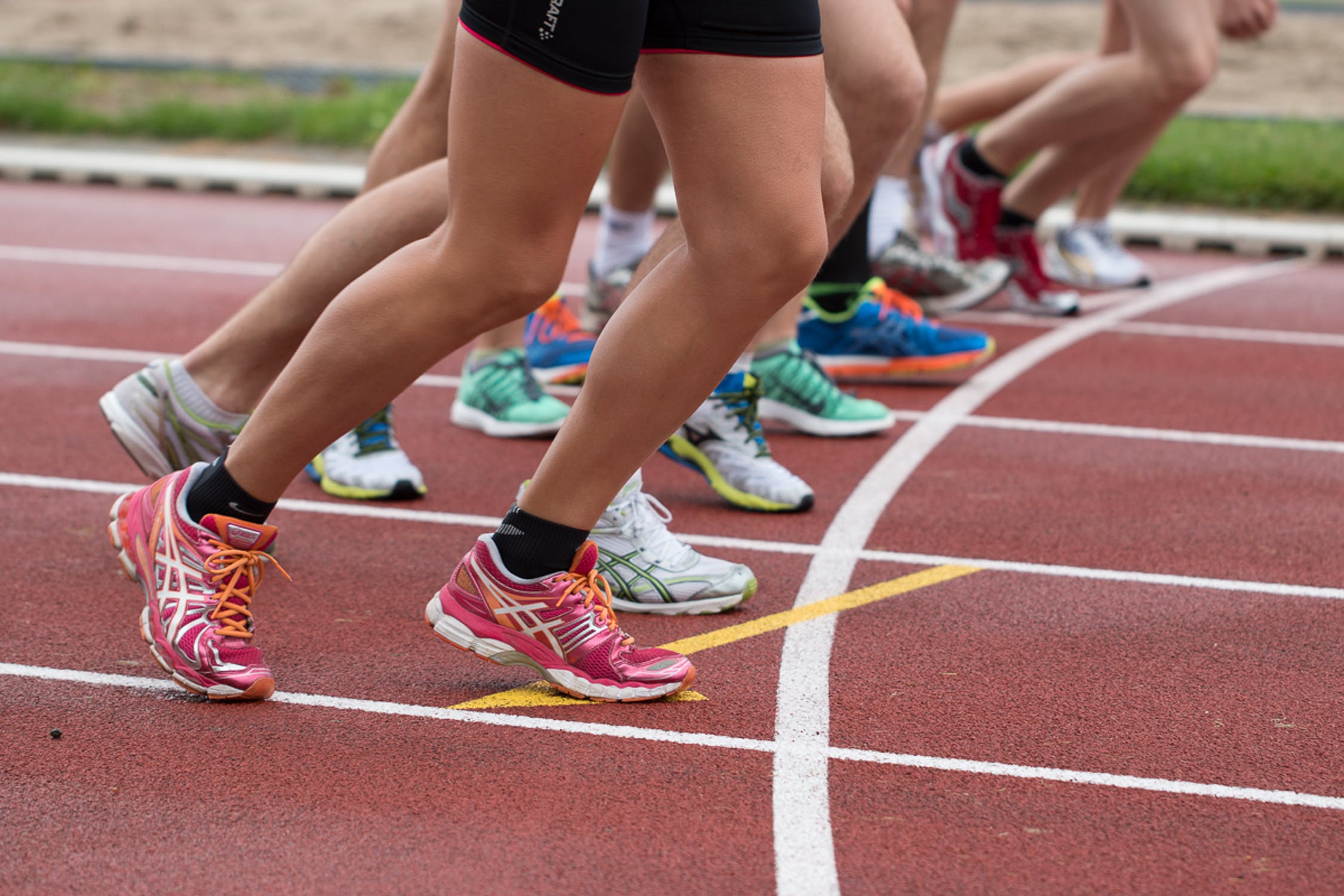
One of the best things about running is you don’t need a lot of equipment to get started – in fact, all you really need is a decent pair of shoes.
However, choosing the right footwear is often easier said than done. As your local sports physio, we understand how important it is for runners to find the right pair of shoes. We’ve rounded up everything you need to know to choose the best running shoes for your specific needs.
Importance of picking the right shoes
Reduce injury risk
Running is a high-impact activity. Every time you take a stride and land, your foot absorbs two to three times your bodyweight – and the only thing protecting your feet is your footwear. Good running shoes include a high-quality midsole that helps cushion your feet from the force of impact and reduces the risk of overuse injuries.
Support your natural biomechanics
The right pair of shoes can help you correct your running technique and prevent injury. For example, some running shoes have tough material on the inside of the midsole to help prevent overpronation, while others have cushioning in the heel and front of the foot to help fix supination.
Improve athletic performance
Whether you’re a competitive athlete or a weekend warrior, a good pair of shoes can boost your athletic performance. Research shows that running shoes can help you run more efficiently, which may enable you to shave valuable seconds off your race time.
3 things to think about when picking a shoe
Ready to hit the shoe store? Choosing a good running shoe isn’t rocket science, but there are a few things to keep in mind when weighing up your options.
1. What type of running are you going to do?
The first thing to consider is what type of running you’re going to be using your shoes for.
- Daily running shoes: The jack of all trades. Moderately cushioned and made with relatively heavy materials, daily running shoes offer a great balance of comfort and durability.
- Lightweight running shoes: The perfect option for sprints, interval training and races. They’re typically made with less cushioning than other shoes, which allows for greater flexibility but provides poorer shock absorption.
- Trail running shoes: Prefer to take the path less traveled? Trail running shoes are designed to excel on rough terrain and typically come with a tough upper to protect your ankle. They usually feature lugged soles, which provide superior traction.
2. Understanding your foot type
Many running shoes are made to suit a specific gait and arch type. Understanding your foot type can help you narrow down your choices.
- Neutral: People with normal arches can wear a wide range of running shoes. Stability shoes, which are often built with a reinforced midsole on the medial side of the shoe, are a good option for runners who want extra stability.
- Supinated: People with a supinated gait (weight is placed on the outside of the foot when running) are usually best suited to running shoes with a lot of cushioning, which provide a high level of flexibility.
- Overpronated: People with an overpronated gait (the arches of the foot roll inward) tend to have a very low arch. Shoes designed for overpronators have a firm midsole that increases stability and prevents the heel from turning out.
3. How to pick the right size
Blisters, bunions, corns and calluses are kryptonite to runners. Avoid these problems by taking the time to find a shoe that fits correctly.
- There should be about a thumb’s width of space between the end of your longest toe and the front of the shoe.
- Make sure the heel doesn’t slip.
- Your feet swell during the day, so always try on shoes in the afternoon or evening.
- When trying on shoes, wear the same socks you use for running.
- Jog around the store to see how the shoe feels while you’re in motion. If it slips, chafes or feels loose, try a different size or look for another shoe.
Book an appointment with your North Shore Physio
The best way to find the perfect running shoe is to enlist the help of a professional. We recommend getting assessed by the team at a quality sports shoe store, or by your physiotherapist or podiatrist.
Book an appointment to see your local North Shore Physio, and we’ll assess your gait and give you recommendations on the best shoes for your foot type and running style.
